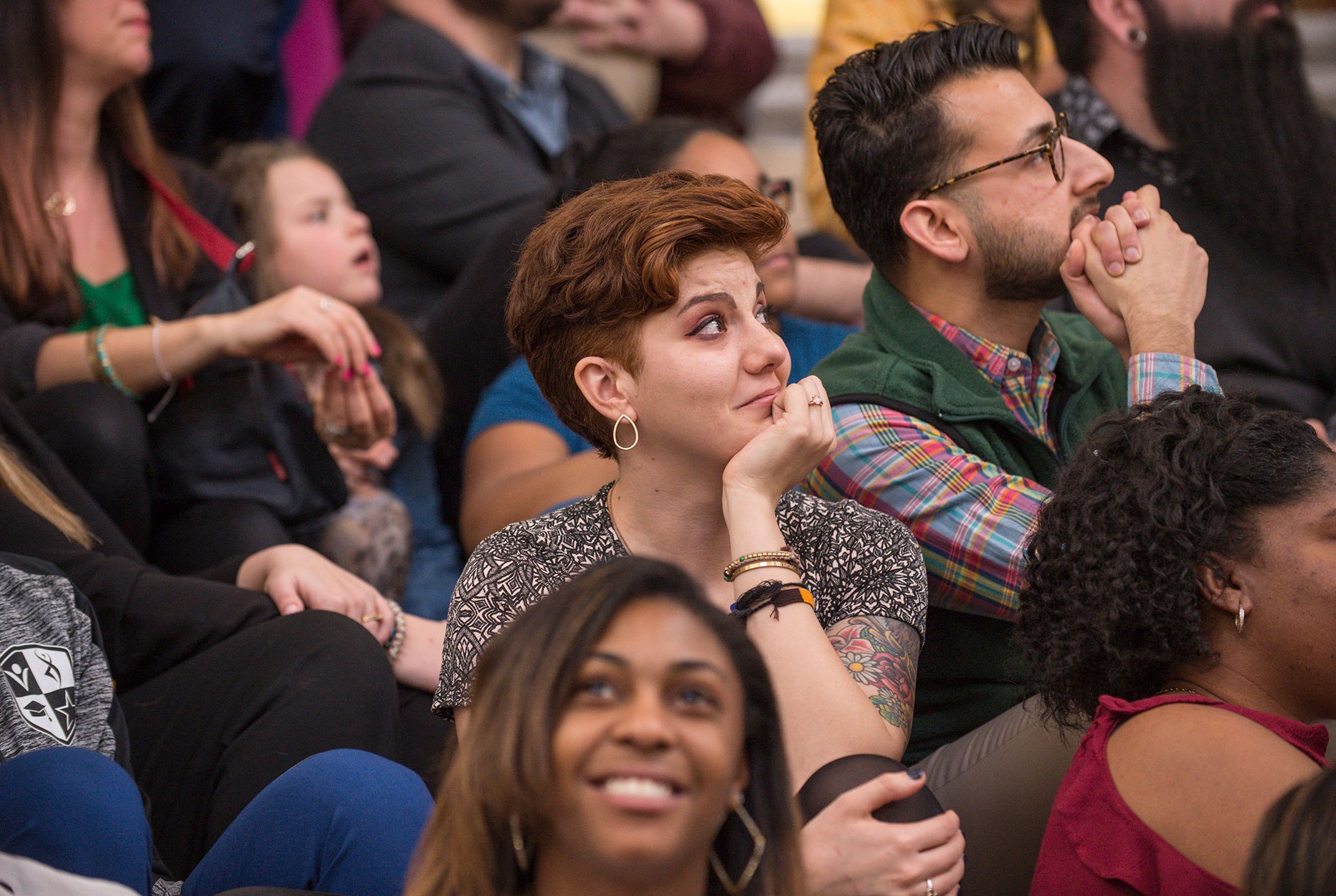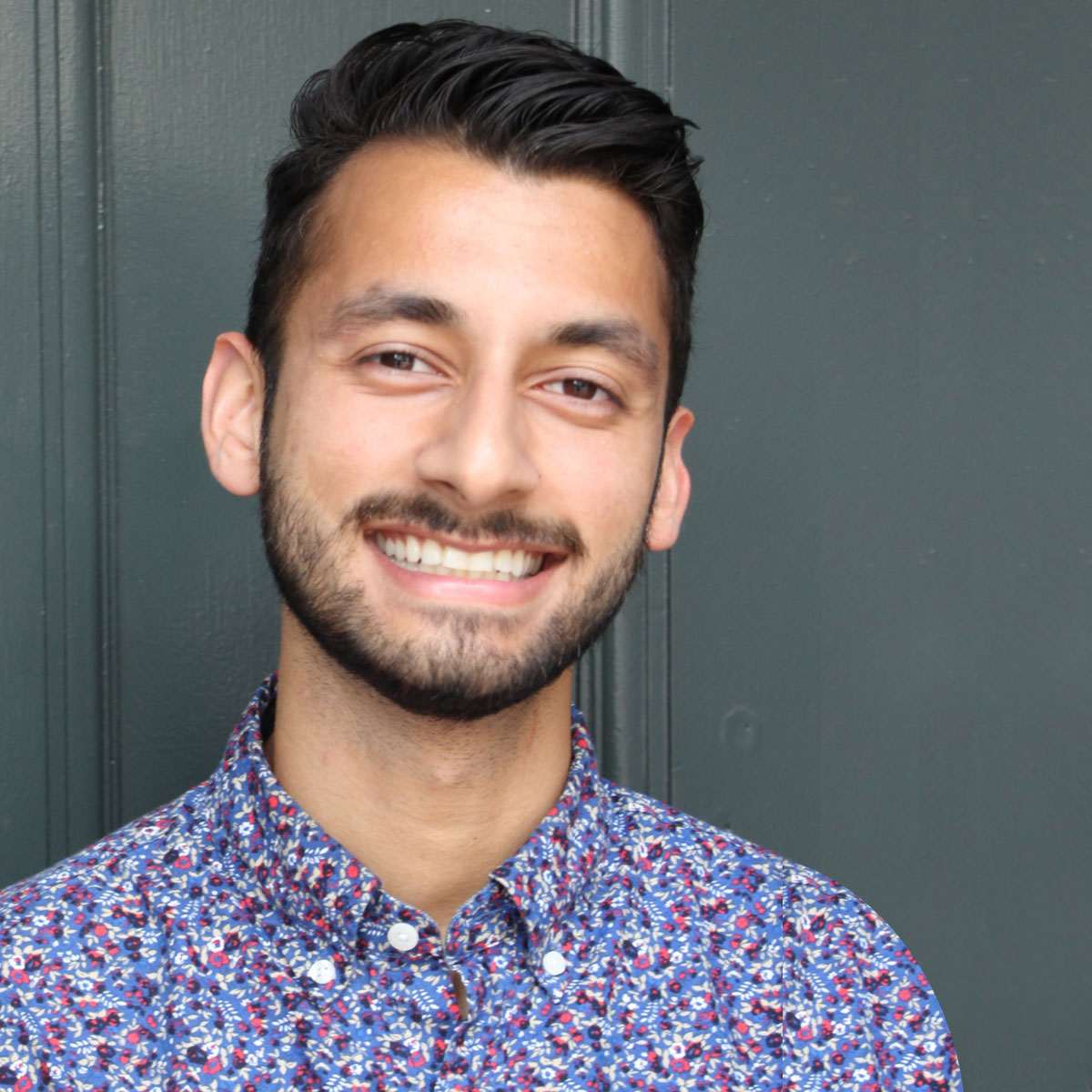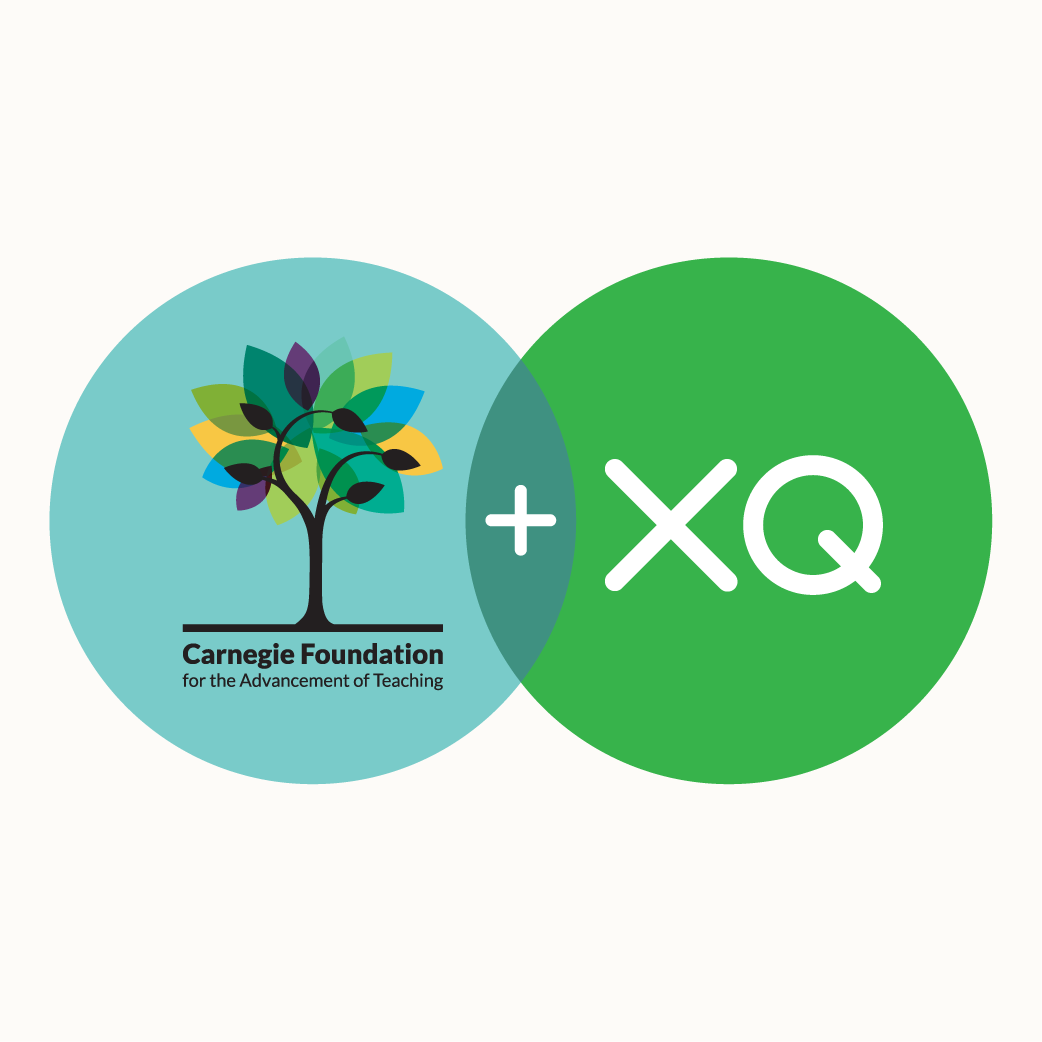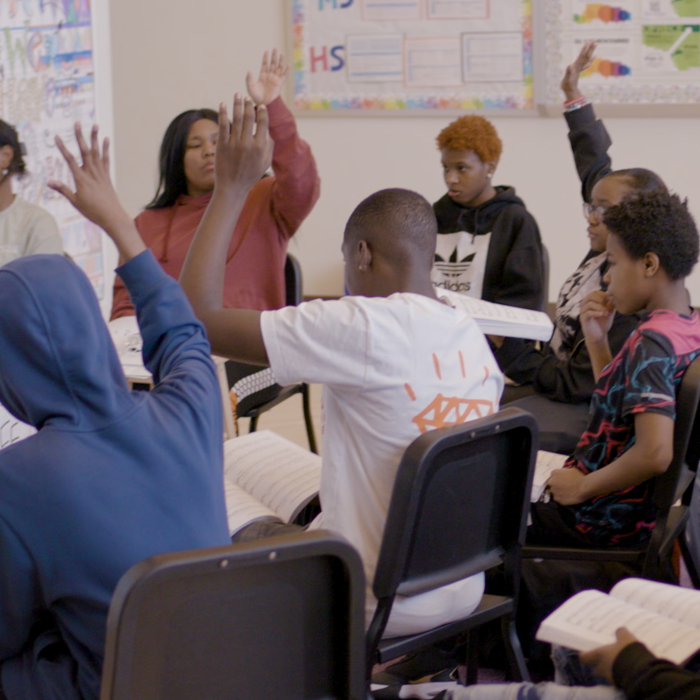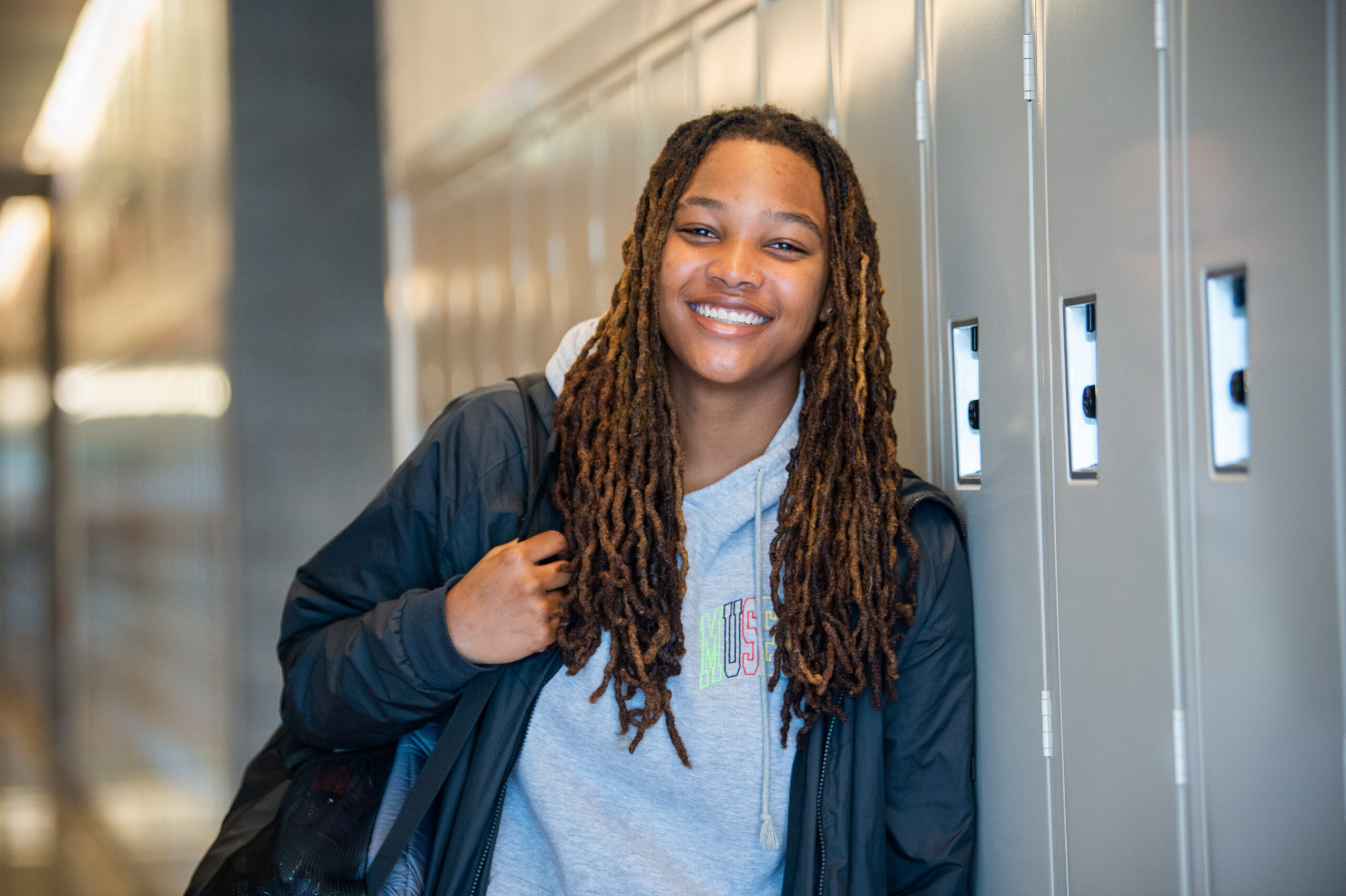Trinity Academy for the Performing Arts (TAPA)
Providence, Rhode Island
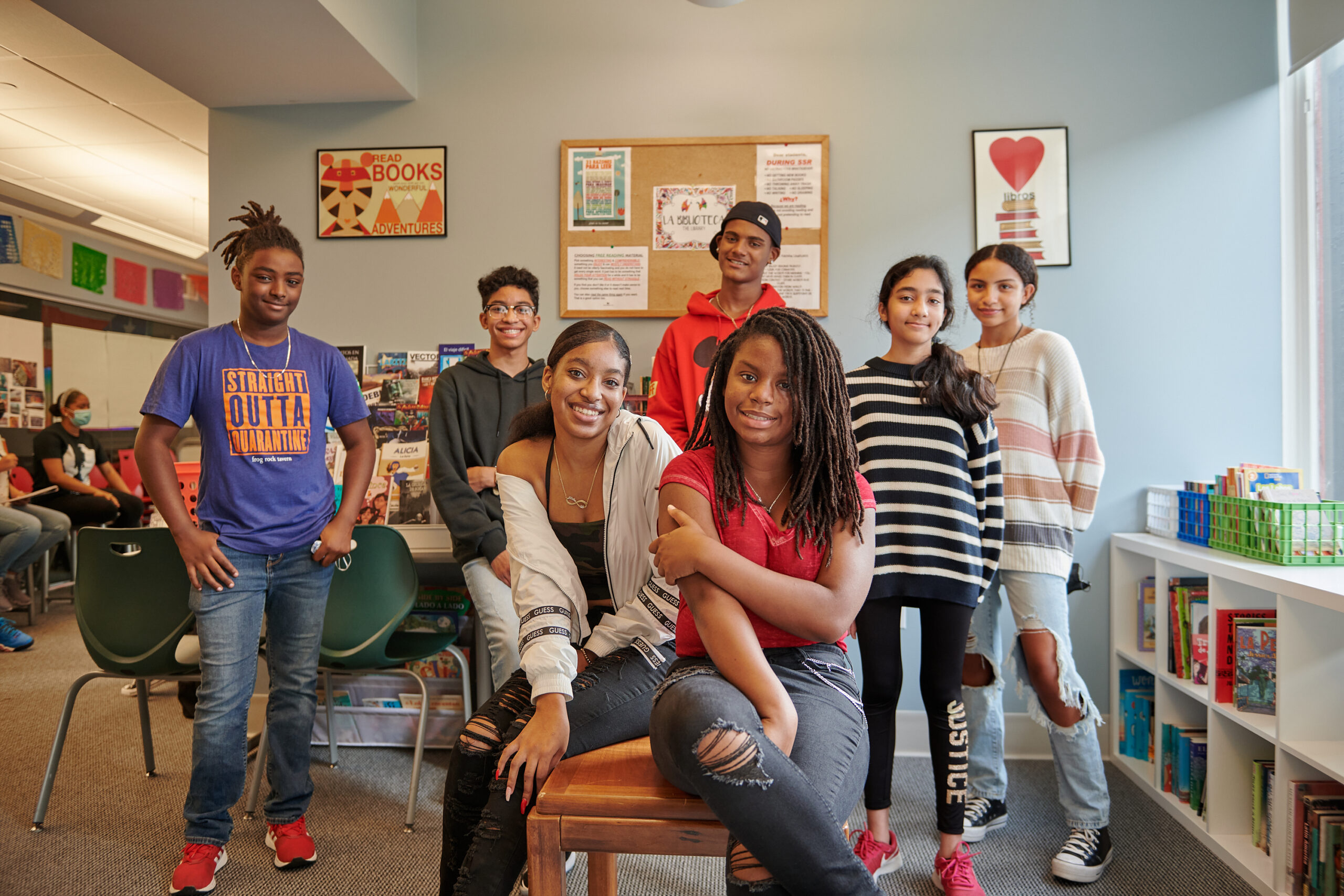

A school cultivating the artist’s mindset with academic rigor and love.
Trinity Academy for the Performing Arts (TAPA), located in Providence, Rhode Island, cultivates the artist’s mindset with academic rigor and love. Building on its successful performing arts program, TAPA prioritizes relationships, rigor, and the “artist mindset.”
This public, urban performing arts charter school opened in 2010 and serves 220 students in grades 7-12, receiving XQ support for the high school grades. Students experience interdisciplinary learning that aligns the arts with core subjects like math, science, and literacy. They learn to use skills such as self-reflection, continual practice, creation, collaboration, critical thinking, and community-making to become artists and scholars. They also learn resilience through a “show must go on” mentality that teaches them to see setbacks and failures as opportunities for growing and strengthening their craft.
Strong mission and culture
The “artist mindset” is at the core of TAPA’s model. The school also offers a welcoming environment to all. TAPA’s creative community is enriched by the cultural, religious, racial, ethnic, and linguistic diversity of its neurodiverse families, students, and employees.
Meaningful, engaged learning
TAPA educators create interdisciplinary teaching and learning experiences that are rigorous and supportive. At TAPA, students may process emotions through art by writing a play about a family member’s deportation, composing a song to grapple with racial injustices, or choreographing a dance to work through grief related to the pandemic. Students conclude their time at TAPA with a senior thesis and performance assessment called the Collaborative Capstone. TAPA has a performance-based graduation requirement in each student’s art major with specific assignment criteria created by each art department, including a written research thesis, reflection, and public performance or screening. In addition, senior thesis projects must integrate one or more of students’ academic core courses into the research and creation of the performance or screening.
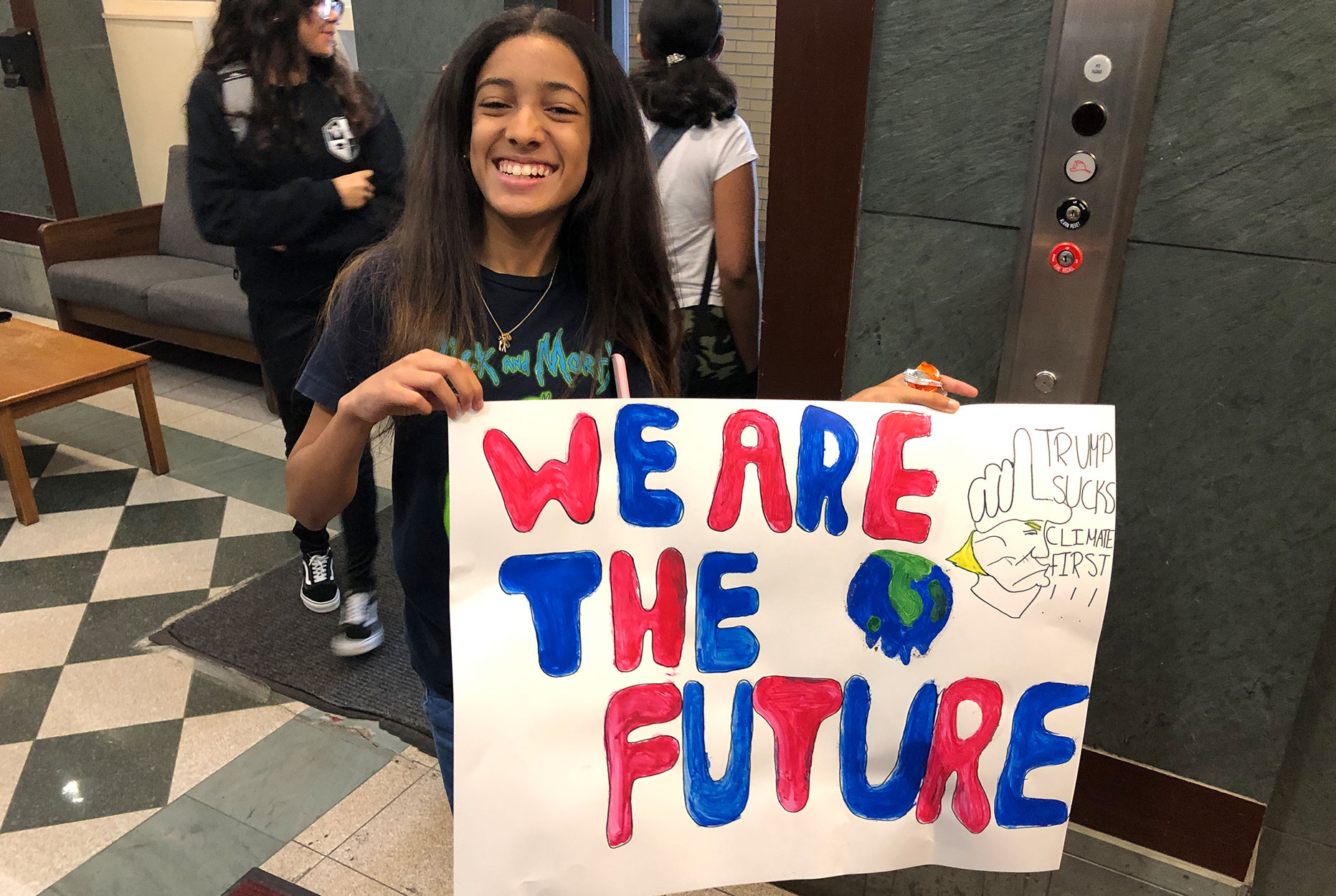
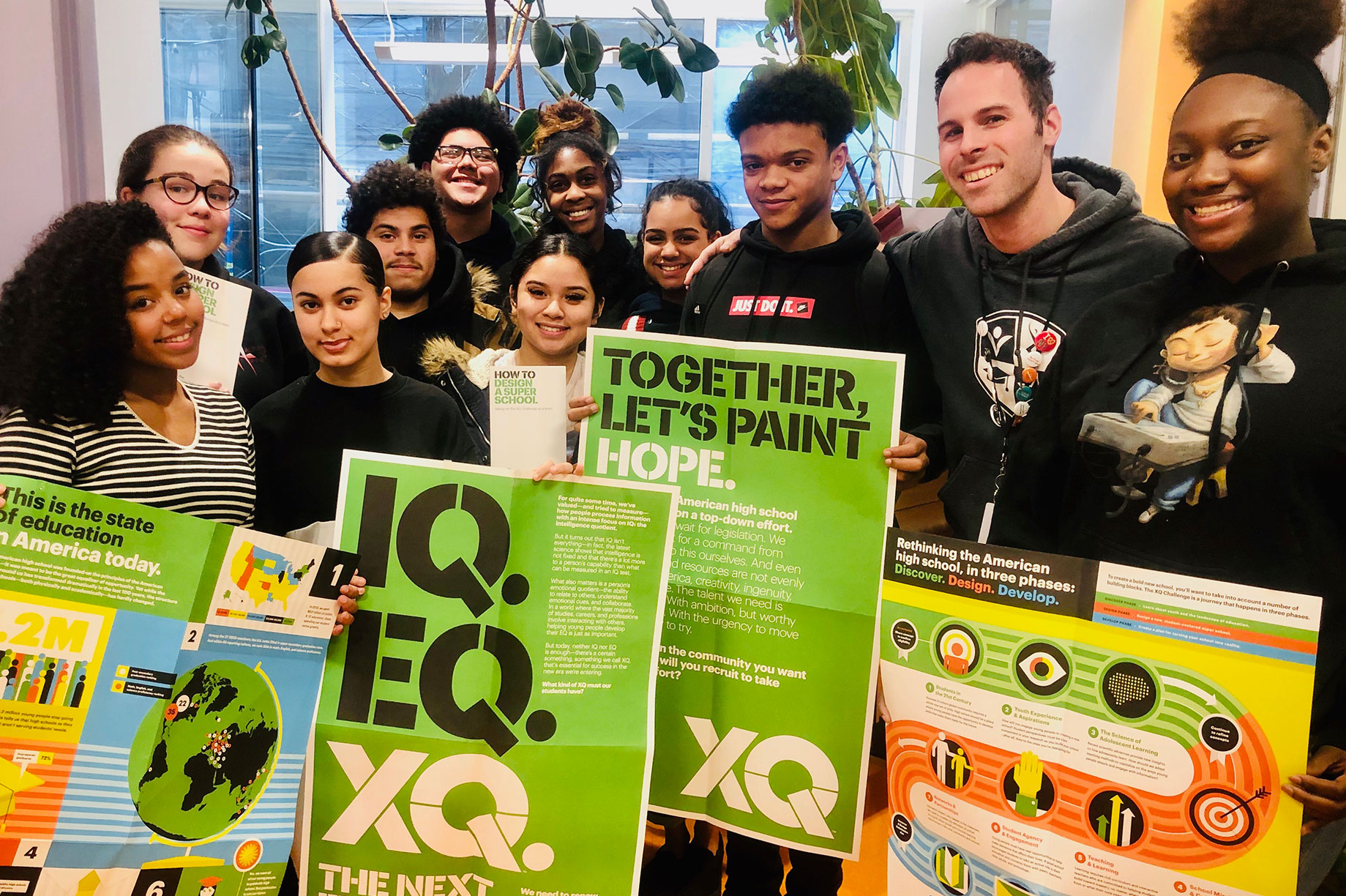
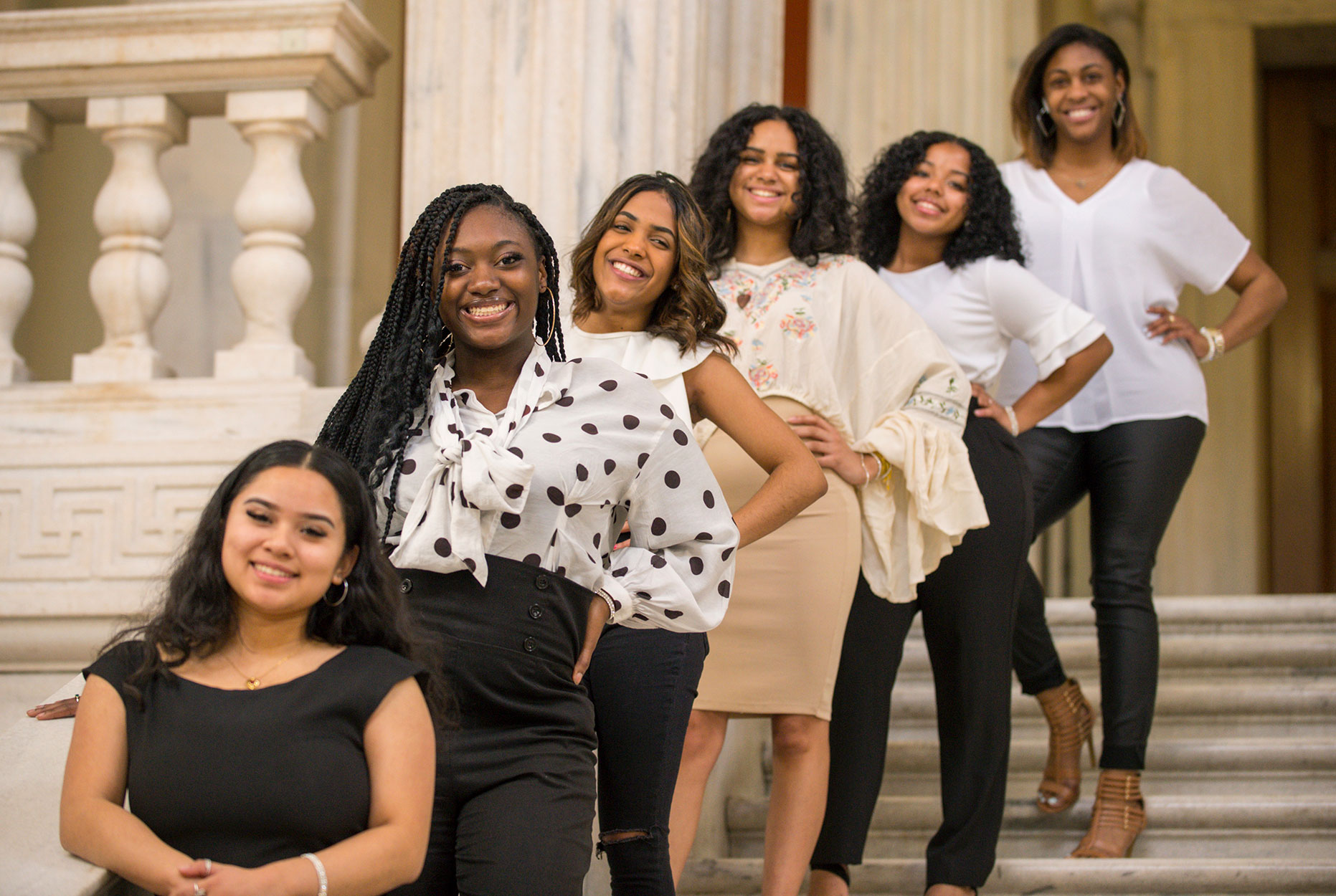
Caring, trusting relationships
The TAPA program gives each student the academic preparation needed to thrive in college and career while also building strong and deep relationships between students and educators. Social-emotional skills and capacities are at the core of TAPA’s curriculum. Educators at TAPA are committed to supporting students to process their emotions productively with the guidance of trusted adults—especially students who may experience trauma outside of school. Part of TAPA’s high love approach includes seeing the school community as an ensemble, with parents, siblings, grandparents, cousins, aunts, uncles, caregivers, and beyond as critical parts of the whole and important decision-makers. A family-community liaison at TAPA consistently goes the extra mile for families, including taking calls and texts late at night and on the weekends, connecting families with resources and human services, and droppings off meals and toiletries.
Community partnerships
TAPA connects students with mentors already working in the local arts community. The school employs full- or part-time artists-in-residence to match TAPA’s arts majors. TAPA also serves as a vibrant community arts hub.
